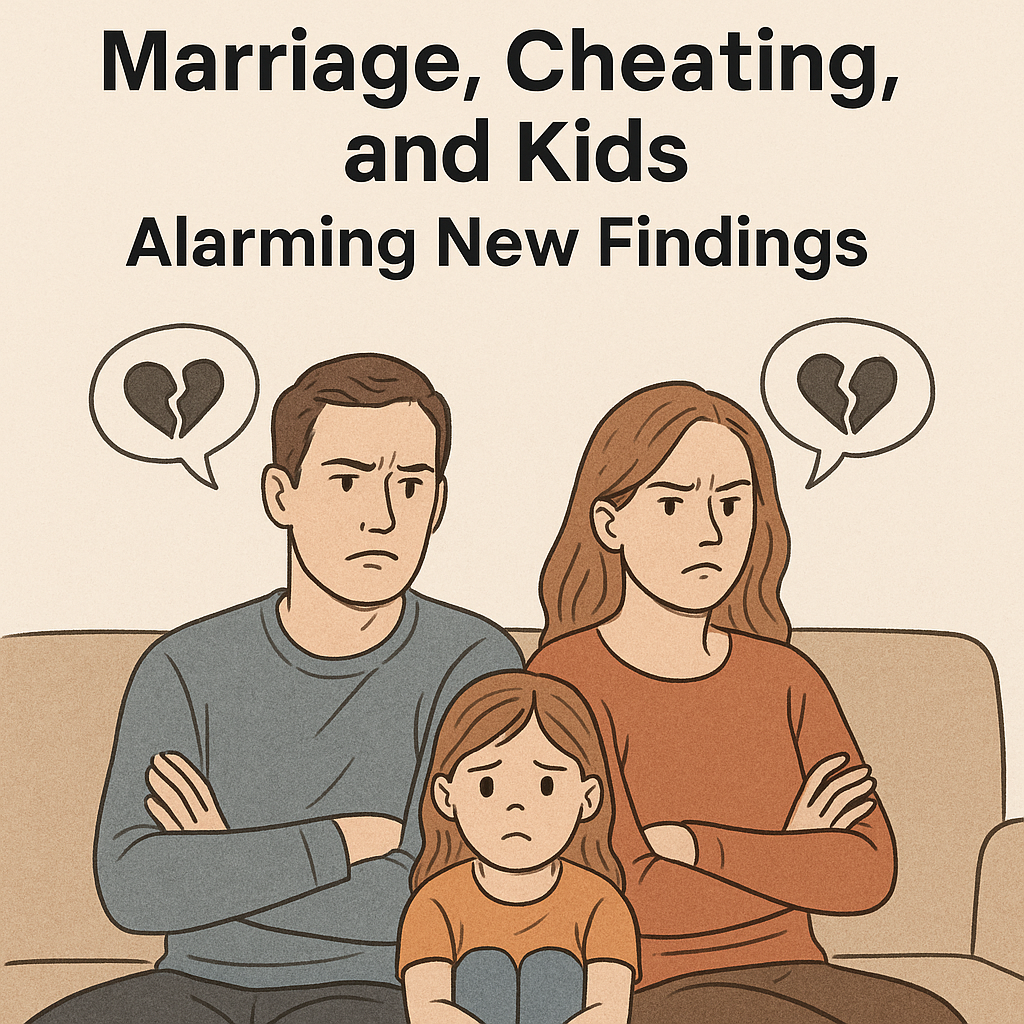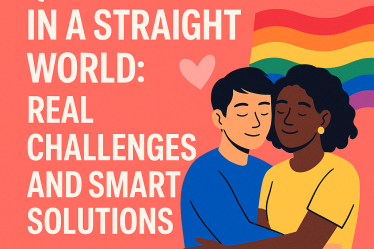
Modern love feels more complicated than ever. Ghosting, dating app fatigue, commitment issues — it’s enough to make anyone wonder, “Is it supposed to be this hard?”
Psychologists say there are real reasons why dating and relationships feel more challenging today than they used to. This article breaks down the key factors making modern love tricky, and what you can do about it.
The Evolution of Love: How Relationships Have Changed Over Time
Relationships today look nothing like they did a century ago.
Historically, marriage was about survival — family alliances, economic stability, and social status mattered more than love. Falling in love was often a bonus, not a requirement.
Today, love is expected to deliver emotional fulfillment, passion, deep friendship, and even personal growth. According to Dr. Eli Finkel, author of The All-or-Nothing Marriage, the standards for relationships have skyrocketed. We now seek partners who will “complete” us, not just survive alongside us.
This shift puts intense pressure on modern couples, and not surprisingly, many relationships struggle under the weight of these expectations.
The Role of Technology in Modern Love
Technology has completely transformed dating — and not always for the better.
Apps like Tinder, Bumble, and Hinge offer endless options, but according to psychologists, more choices don’t always lead to better outcomes. It’s called the “paradox of choice”: when faced with too many options, people struggle to choose and often second-guess their decisions.
Dating apps can also gamify relationships, turning potential partners into quick swipes instead of meaningful connections.
Plus, texting and DMs can create emotional distance. Without face-to-face communication, it’s easy for misunderstandings to pile up, making real intimacy harder to achieve.
Stat to know: A Pew Research Center study found that 45% of U.S. adults who use dating apps say the experience left them feeling frustrated.
Psychological Factors Making Modern Love Harder
Psychology plays a huge role in why love feels complicated now.
Insecure attachment styles — anxious, avoidant, or a mix of both — are more openly discussed but still common. People with anxious attachment fear abandonment, while those with avoidant attachment fear losing independence.
Both styles can create serious challenges when building lasting relationships.
There’s also a deep-rooted fear of vulnerability. Many people guard their emotions to avoid getting hurt, but that protection often blocks real intimacy.
Even though society is more aware of mental health today, stigma still exists. Emotional baggage from past relationships or childhood experiences often goes unhealed, silently sabotaging new connections.
As Dr. Sue Johnson, the creator of Emotionally Focused Therapy, says: “We are wired for connection, but fear can override that instinct if we’re not careful.“
Cultural Pressures and Unrealistic Expectations
Social media adds fuel to the fire.
Perfect Instagram couples and viral love stories set impossible standards. It’s easy to compare your real, messy relationship to someone else’s highlight reel and feel like you’re missing out.
Add in hustle culture — where career success is often prioritized above all else — and relationships can easily take a backseat.
Many people also expect their partner to fulfill every emotional need: best friend, lover, therapist, adventure buddy — an unrealistic (and exhausting) expectation for any one person to meet.
Fact: An APA (American Psychological Association) report shows that heavy social media use is linked to higher levels of anxiety and lower relationship satisfaction.
Modern Commitment Fears: Why Settling Down Is Daunting
Marriage rates are declining, and it’s not just because people don’t want love.
Psychologists point out that after witnessing high divorce rates among parents and peers, many people are more cautious about commitment. Financial stress also plays a huge role. With student loans, housing costs, and economic uncertainty, settling down often feels risky rather than romantic.
There’s also a cultural emphasis on personal growth. Many individuals want to “find themselves” fully before committing to someone else, which delays marriage and long-term partnerships.
By the numbers: According to the U.S. Census Bureau, marriage rates have dropped nearly 60% since the 1970s.
How to Navigate Love in Today’s World: Tips from Psychologists
Modern love is tricky — but it’s not hopeless.
Psychologists suggest several ways to build healthier, more satisfying relationships:
- Understand your attachment style. Knowing your emotional patterns can help you respond better in relationships.
- Be intentional. Communicate your goals early in dating instead of “seeing where it goes” indefinitely.
- Limit social media comparisons. Remember: most people only show their best moments online.
- Prioritize emotional intelligence. Good communication, empathy, and self-awareness are more important than ever.
Quick tips to improve your dating life:
- Practice vulnerability — even when it feels scary.
- Set realistic expectations for your partner.
- Focus on emotional connection, not just chemistry.
- Don’t rush — meaningful relationships take time to build.
As Dr. Helen Fisher, a biological anthropologist specializing in love research, advises: “Slow down. Build trust. That’s how real love grows.“
Conclusion
Modern love is complicated because everything around us — from cultural shifts to technology to individual psychology — has changed.
But understanding the forces at play can give you an edge.
With more self-awareness, realistic expectations, and better communication, you can navigate today’s dating world and build deeper, healthier relationships.



